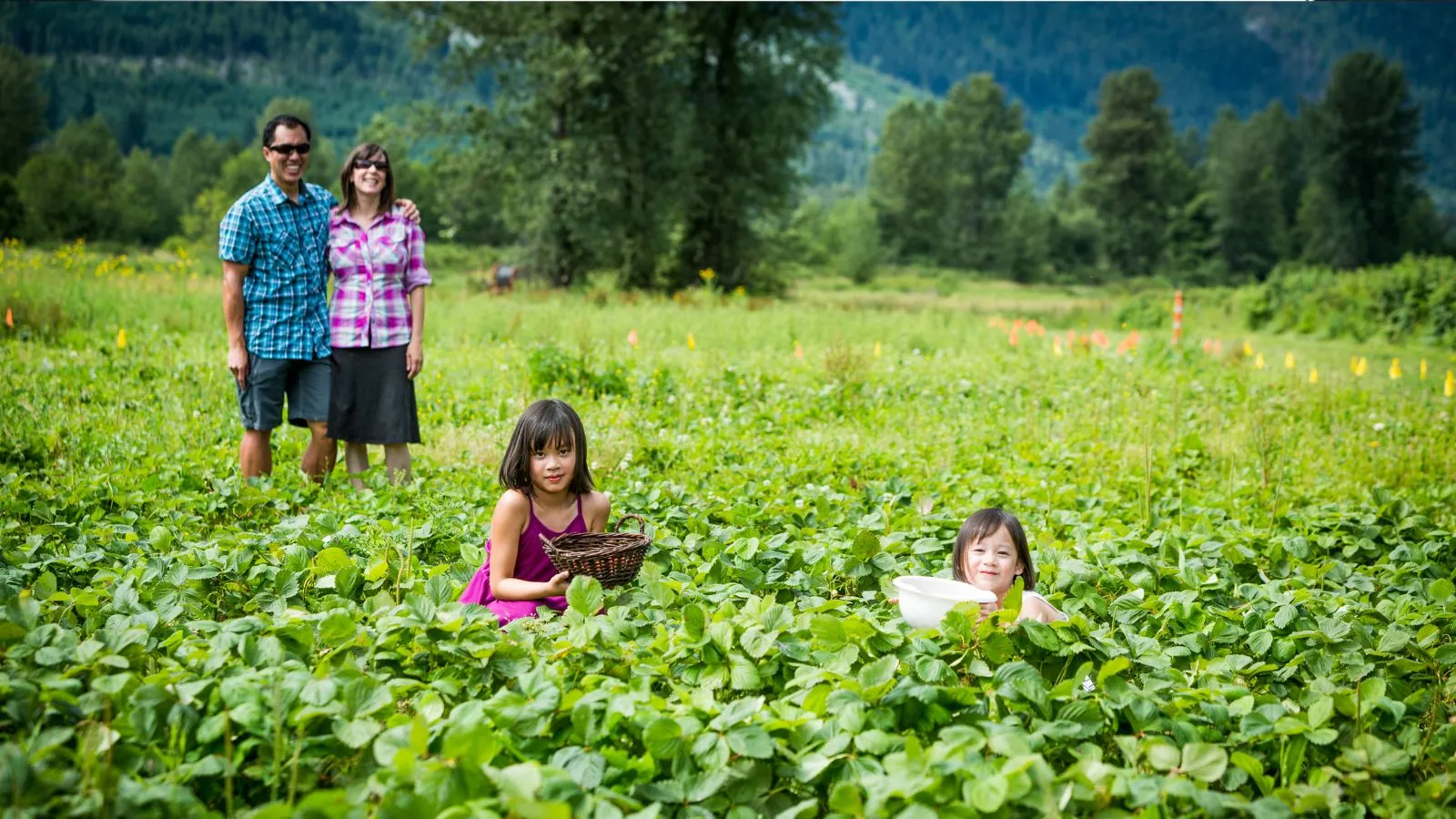Turning Your Family Land into a Productive Hobby Farm

Turning your family land into a productive hobby farm is a rewarding way to become more self-sufficient, reconnect with nature, and make the most of your property. Whether you want to grow your own vegetables, raise livestock, or simply enjoy the lifestyle of small-scale farming, hobby farming offers endless possibilities. In this guide, we’ll explore the essential steps to transform your family land into a sustainable hobby farm, with key sections on building a chicken run and selecting the right tools for your projects.
Before you begin, it’s crucial to assess the quality and characteristics of your land. Understanding your property’s terrain and soil quality will help determine what crops and livestock will thrive.
- Soil Quality and Terrain
Soil testing is one of the first steps you should take. Knowing whether your soil is fertile or in need of amendments is crucial for successful crop production. Soil tests can reveal nutrient deficiencies and help you make decisions on what types of fertilizer or organic compost to use. Additionally, consider the terrain: Is your land flat or hilly? Will you need to level areas for planting or build terraces to prevent soil erosion?
- Water Sources
Every successful farm needs a reliable water supply. Whether you have a natural water source like a pond or rely on well water, you must ensure sustainable crop and livestock irrigation methods. Rain collection systems can also be a great addition to your farm, helping to reduce dependency on external water sources and promoting environmental sustainability.
Choosing Crops and Livestock
Deciding which crops to grow and livestock to raise is one of the most exciting parts of starting a hobby farm. The key is to choose species that are suited to your region and manageable for your resources.
- Crops Suited to Your Region
Look at your region’s climate and growing season when selecting crops. If you live in a colder climate, hearty vegetables like kale, carrots, and potatoes may thrive. Warmer regions might support a variety of fruits, tomatoes, and herbs. Consider starting with a small garden to understand how the soil and conditions work with your chosen crops before scaling up.

- Selecting Livestock
Livestock adds another layer of productivity to your hobby farm. Chickens, goats, pigs, and sheep are all great options for beginners. Chickens, in particular, are relatively low maintenance and offer the bonus of fresh eggs. When selecting animals, consider how much space you have and how much time you can dedicate to their care. Goats, for example, can double as lawnmowers, while pigs can help till the soil.
Setting Up a Chicken Run
Raising chickens is one of the simplest and most productive ways to get your hobby farm started. Chickens provide eggs, help control pests, and their manure can enrich your soil.
- Benefits of Raising Chickens
Chickens contribute to a sustainable farm system by naturally fertilizing your garden, eating food scraps, and providing fresh eggs daily. They can also help keep pests like insects and weeds in check, reducing your reliance on chemical pesticides.
- Building a Chicken Run
A chicken run gives your chickens a safe space to roam while protecting them from predators. The size of your chicken run depends on how many chickens you plan to keep, but it’s important to give them enough space to move comfortably. A general rule of thumb is about 10 square feet per chicken for outdoor space. One crucial detail is the height of the run how tall should a chicken run be? Ideally, it should be at least 6 feet tall to prevent chickens from flying over the fence and to provide easy access for cleaning and feeding.
Tools for Building Your Farm Infrastructure
Starting a hobby farm requires more than just a few basic gardening tools. Investing in high-quality equipment will make your life easier as you build and maintain your farm’s infrastructure.
- Essential Tools for Hobby Farmers
Your farm projects will range from simple gardening tasks to building full structures like chicken coops, fences, and sheds. For everyday farming, hand tools such as shovels, rakes, and wheelbarrows are essential. However, when it comes to constructing farm buildings, having power tools will save you time and effort.

- Building and Maintaining Structures
You’ll need power tools like drills, saws, and even nail guns to construct your farm’s necessary structures. Investing in durable, professional-grade tools will ensure that your projects go smoothly and last for years. Milwaukee tools are a great option for reliable equipment. Known for their high performance and durability, Milwaukee’s tools will help you efficiently build and maintain your farm’s infrastructure, from coops to barns.
Creating a Sustainable Farming System
Sustainability is key to making your hobby farm productive in the long term. By recycling waste and rotating crops and livestock, you can ensure that your land remains fertile and your resources are used efficiently.
- Composting and Recycling Waste
Composting organic waste, like food scraps and plant matter, enriches your soil and reduces the need for chemical fertilizers. Animal manure, especially from chickens, can also be composted for added nutrients. Additionally, recycling waste like old fencing and wood can help reduce costs and environmental impact.
- Rotating Crops and Livestock
To keep your soil healthy, practice crop rotation, which prevents nutrient depletion and reduces the likelihood of pests and diseases. Similarly, rotating livestock grazing areas can prevent overgrazing and soil erosion, allowing your land to recover between seasons.
Conclusion
Turning your family land into a productive hobby farm is an exciting and fulfilling journey. By carefully assessing your land, choosing the right crops and livestock, and investing in essential tools and structures like chicken runs, you’ll be on your way to creating a self-sufficient, sustainable farm. Whether you’re looking to supplement your food supply or dive deeper into farming, the rewards of hobby farming are well worth the effort.



